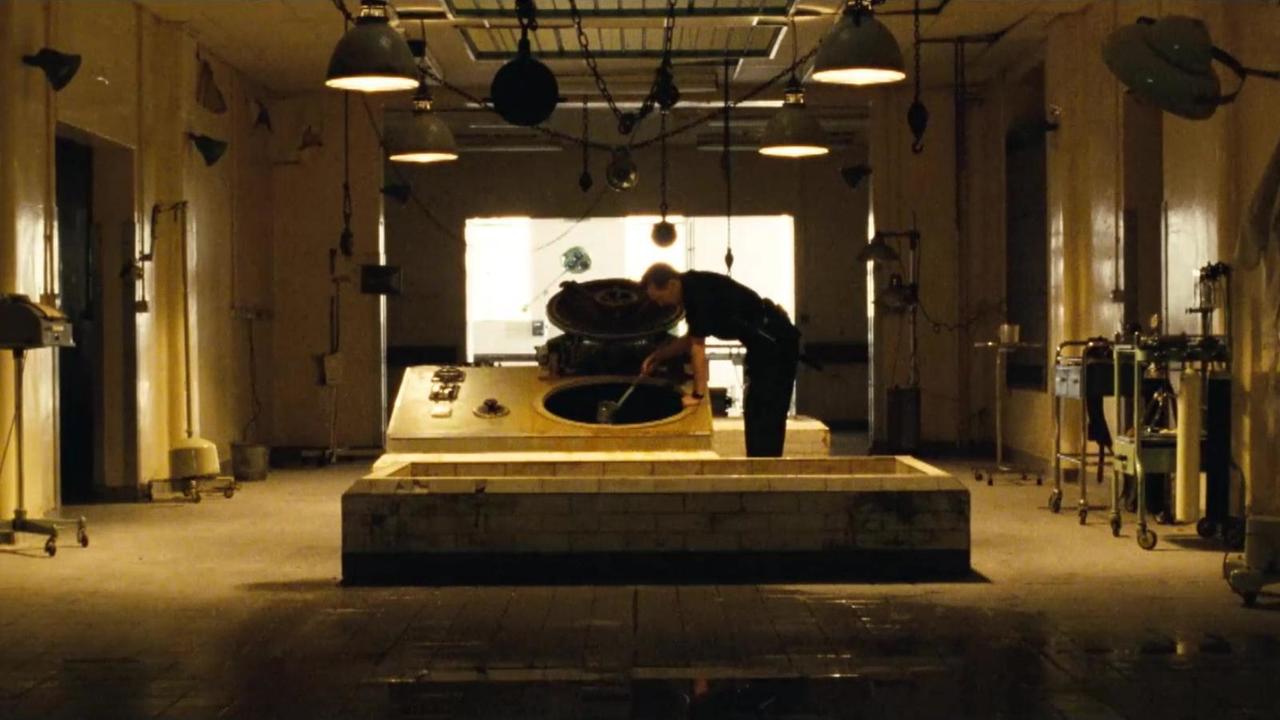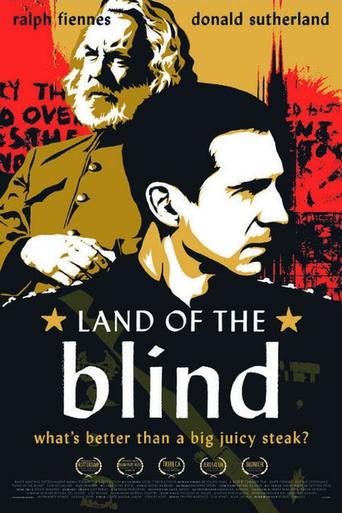

Load of rubbish!!
... View MoreVery interesting film. Was caught on the premise when seeing the trailer but unsure as to what the outcome would be for the showing. As it turns out, it was a very good film.
... View MoreOne of the most extraordinary films you will see this year. Take that as you want.
... View MoreThrough painfully honest and emotional moments, the movie becomes irresistibly relatable
... View MoreWhat all revolutions have in common is idealists overthrowing a tyranny, only to replaces it by what makes atrocities committed by former villains, pale in comparison. Another distinguishing characteristic of such tectonic shifts in the geopolitical landscape is the existence of an odd bunch, its members having an awkward sense of right and wrong. As a result, they always fall foul of the el comandante, no matter who it is. Lastly, it's been quite unfair to make Donald Sutherland resemble Karl Marx in the movie poster. Karl Marx pointed out the short comings of a capitalist system, warned the stinking rich against what could happen to them if they don't alter their practice. But at the same time, he discouraged radical revolutionaries who sought his blessing for their actions.
... View MoreThis was an extremely powerful film in so many ways and I'm somewhat surprised it wasn't hailed more than it was and that it didn't get the extent of theatrical releases that it actually deserved. Fundamentally about the fact that power can certainly corrupt and absolutely power even more so, Land of the Blind is often a very bleak vision of how humans will feel perfectly justified in going to extreme lengths to ensure that their end-goals are realised and that the means to achieve those ends become immaterial. Ralph Fiennes is a brave an excellent actor who I've seen astound me on stage on many occasions (let alone his excellent film-work) and he doesn't disappoint at all in this hugely powerful role. Tom Hollander once again probably steals the show with his psychotic portrayal - a truly frightening character and a marvellously brave performance yet again from this amazing actor who seems able to be brilliant in every single role he ever does and all the roles are so hugely different.
... View MoreReally a most thought-provoking dystopia film with a bizarre ending that like most great movies - leaving you wondering...It drags a bit and is quite silly in the first half hour, but then it picks up, adding elements, symbolism, styles and phrases of dystopian regimes throughout the past 2-300 years. The basic plot tells of a shift between an aristocratic fascist consumerist decadent regime to a fundamentalist communist anti-knowledge mobocratic one - most similar in style to what happened in Russia post 1917, the first part, and China post 1949 or even Iran post 1979, the second part.Throughout, the film intersperses bits of rhetoric that make you ponder as to what its message might be. Unexplained vignettes of Elephants and Schizophrenia deepen the message and add layers to what might originally come across as popcorn-satire with a powerful cast. The apparent twist towards the end is well executed and is the cherry on top. But it certainly could have been made with more finesse, but then perhaps it would have been too serious to hold any box-office appeal, which political satire always must capture - for otherwise it would not be of much purpose.
... View MoreI have always had a certain fascination for stories which indict the abuse of power in the name of the state. After I saw this film the first time, I couldn't stop thinking about it. It had all the disturbing characteristics of an Orwellian novel, but it was not as relentlessly depressing. I believe the screenwriter was holding out the hope that the people will "get" the story.In this film, a mythical country is beset by an endless array of despots. These despots show character traits mankind has witnessed in real life, such as Pol Pot, Mussolini, Louis XVI/Marie Antoinette, Peron, Ayatollah Khoumeni, and Kim Jong Il. In this "land of the blind," the people are more interested in popular culture than the suffering of mankind at the hands of the despots. As a result, they elect movie stars to represent them in what becomes clear as a sham system.Those people who are politically motivated and want to see a parallel between the nasty people who are leading the poor nation in the story to ruin and the current world leaders are, in my opinion, completely missing the point. In the first place, the title of this film should provide a clue. In a "land of the blind," just about anybody could arise to a position of power because the "blind" are too easily led.In this film, there is a heavy reliance on imagery and metaphor. The main repetitive image is that of an elephant. In the movie, the parable of the blind men and the elephant is brought out and that, in my opinion, is what this film is all about. New governments can provide their side of the story--the elephant--to the blind public by steering them to the desired part of the anatomy.Donald Sutherland, playing a character aptly named Thorn, is one of the best casting choices ever made. You'll need to see this film to understand what I'm talking about. I gave this a nine rating out of ten.
... View More